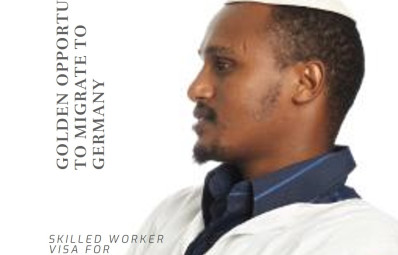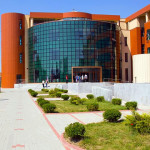Posted At: Aug 14, 2023 - 291 Views

As of January 1, 2023, Lithuania has implemented a new immigration law that allows foreign nationals to apply directly for a Temporary Residence Permit (TRP) in the country. This new law is a significant step forward in the country's efforts to make it easier for foreign nationals to become a part of the Lithuanian community. The new law allows foreign nationals to apply for a TRP without the need for a work permit or a residence permit, as was the case previously. This new law also allows foreign nationals to stay in the country for up to one year, and can be extended for a further two years. The TRP can also be used to travel to other EU countries with relative ease.
The TRP is available for both long-term and short-term stays, and can be used for a variety of purposes, including studying, working, and starting a business. Applicants must show that they have adequate financial resources to support themselves during their stay in Lithuania, and must also provide evidence of a valid health insurance policy. Once the TRP has been granted, foreign nationals can access various services and benefits in the country, including healthcare and education.
In order to apply for the TRP, applicants must provide a valid passport, proof of adequate financial resources, and proof of health insurance coverage. They must also present a valid invitation from a local Lithuanian resident or from a Lithuanian company. They must also provide proof of their identity and proof of their immigration status. Once the application is approved, foreign nationals will receive a TRP card which will allow them to move freely within the country.
The new immigration law is a positive step for Lithuania, as it will make it easier for foreign nationals to become a part of the community and contribute to the economy. With this new law, foreign nationals can now apply for a TRP directly, without having to go through the lengthy process of obtaining a work permit or residence permit. This new law will also allow foreign nationals to access various services and benefits in the country, including healthcare and education.






